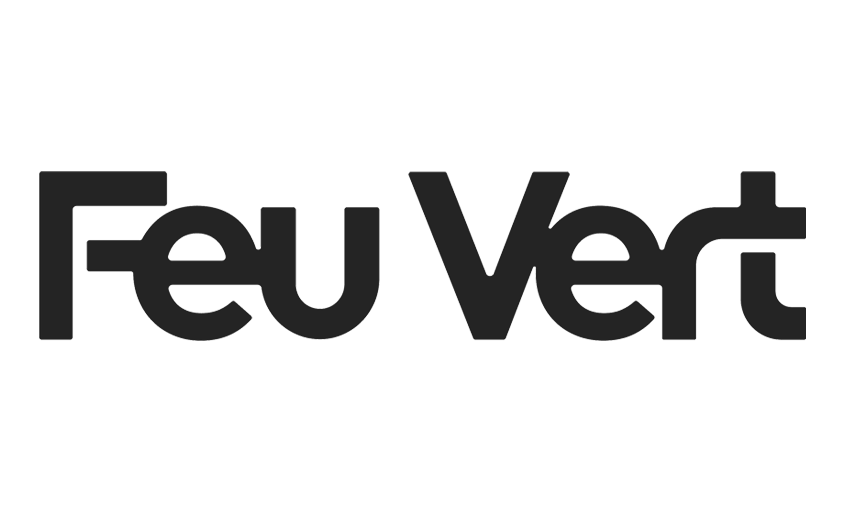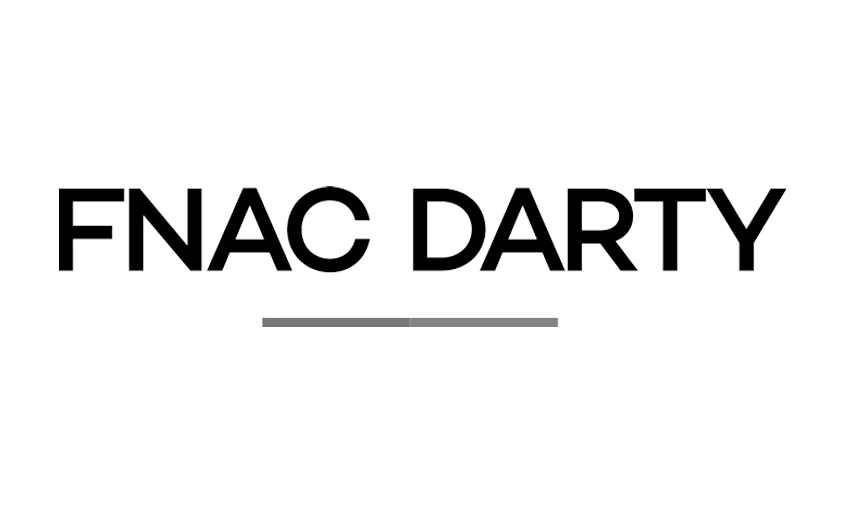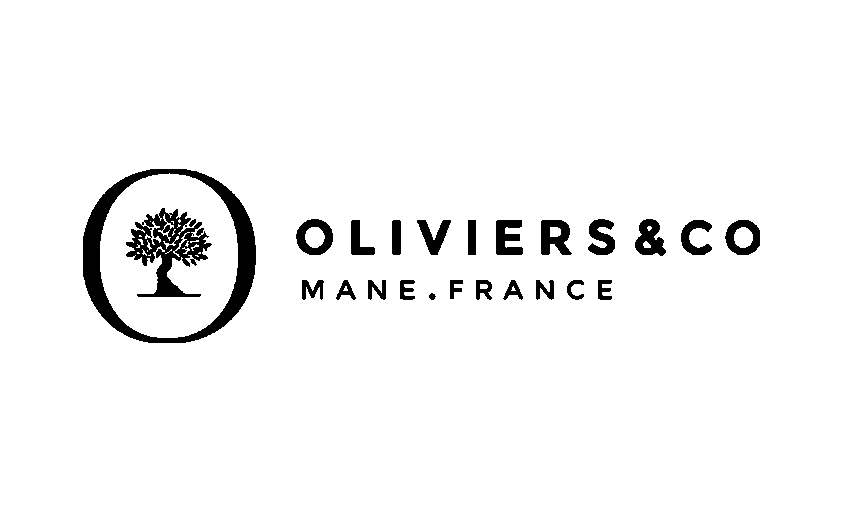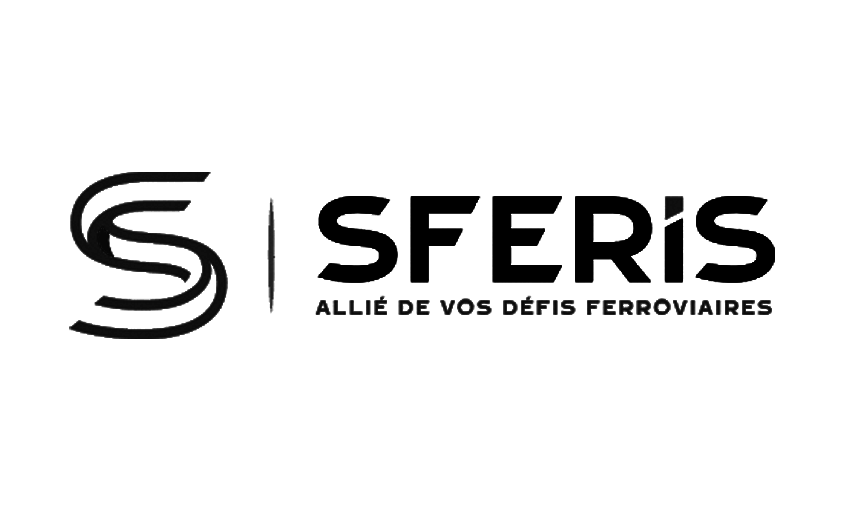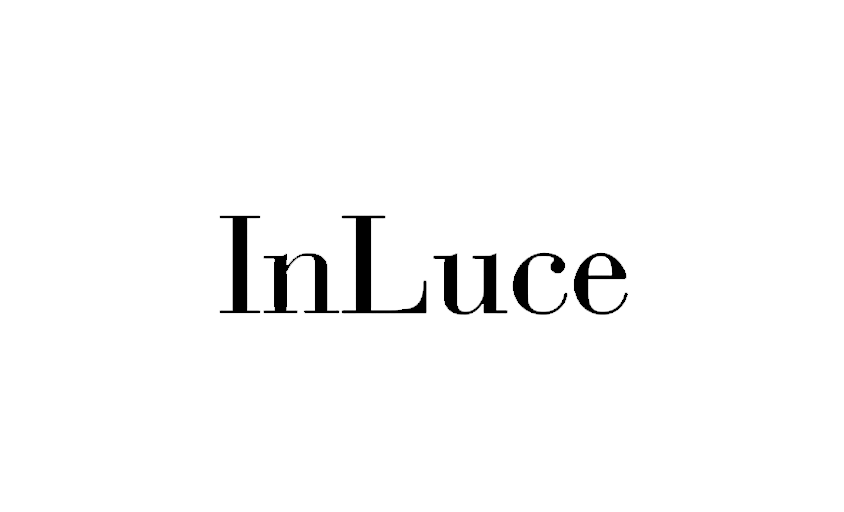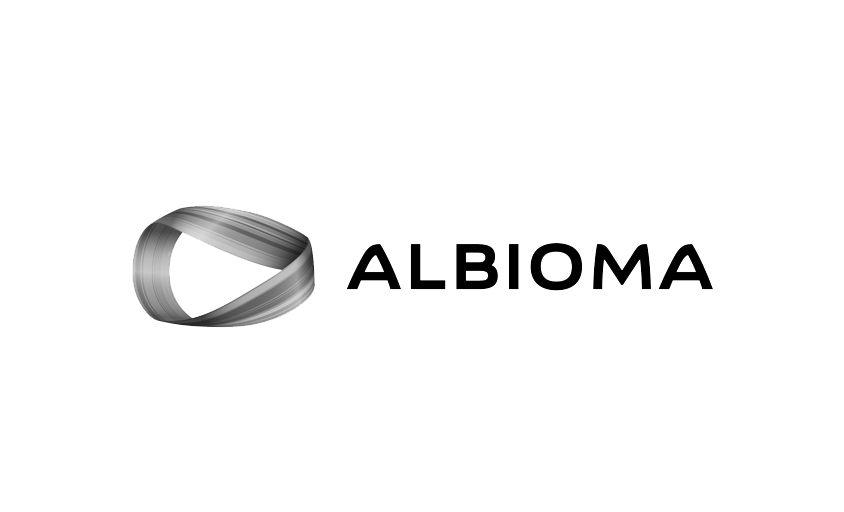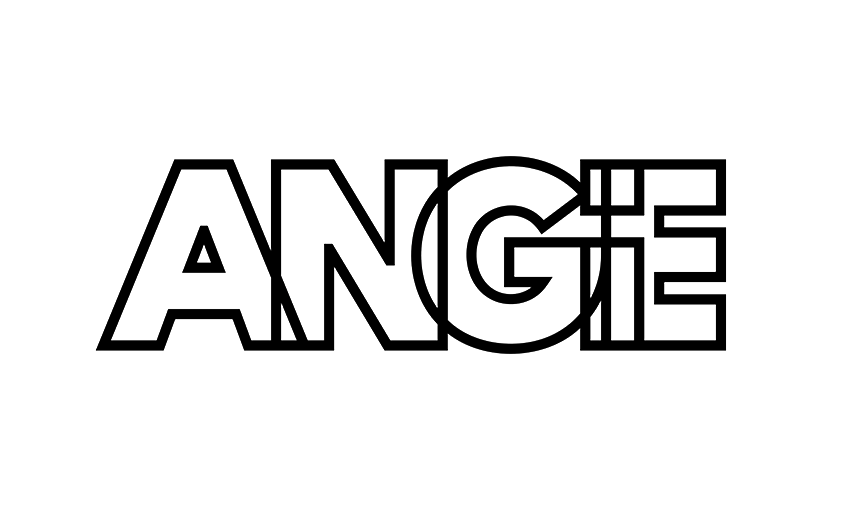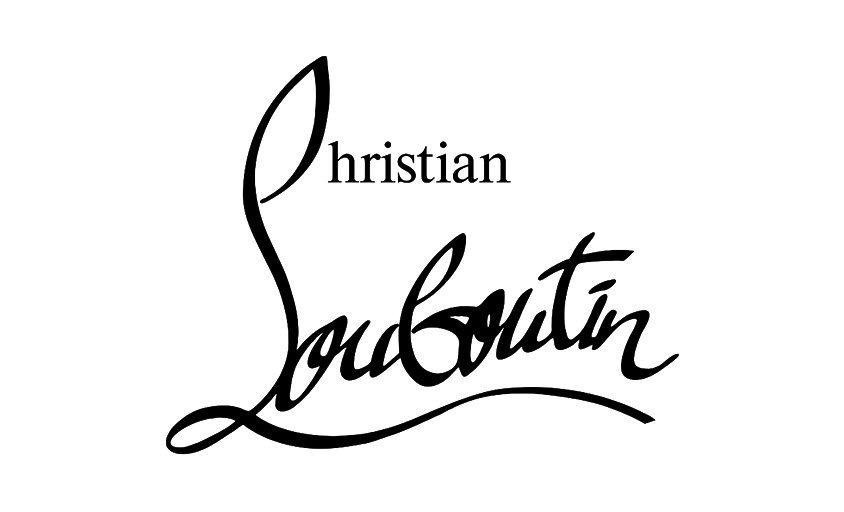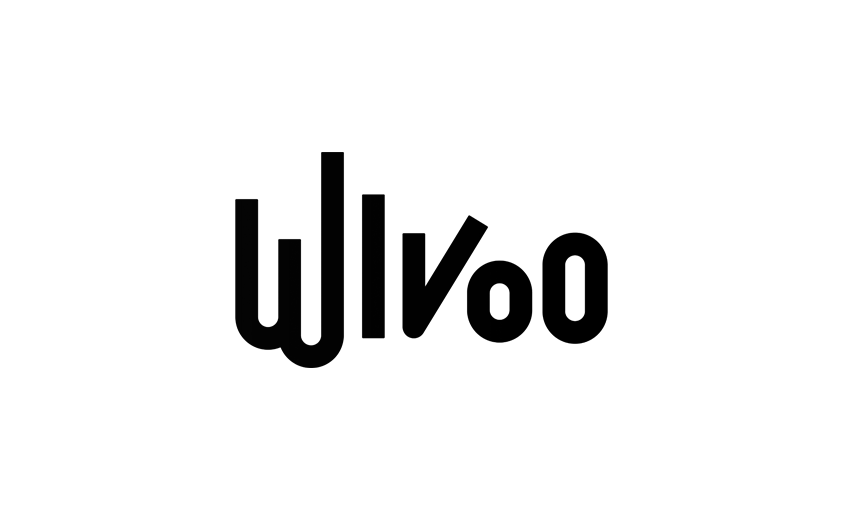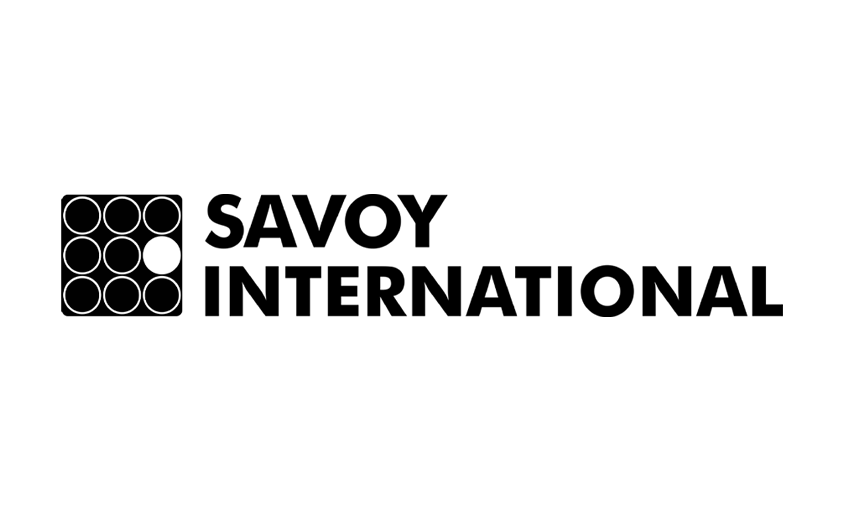What is a copyright ?
In this article :
Copyright, symbolized by the © sign followed by the year of publication and the name of the rights holder, is a fundamental legal mechanism for protecting literary, artistic, and musical works. It grants the author or owner of the work the exclusive right to reproduce, distribute, perform, or publicly display the work, and to create derivative works, thereby ensuring that creativity and innovation are rewarded and respected.
Fundamental Principles of Copyright
- Author’s Rights: Copyright arises automatically upon the creation of an original work fixed in a tangible medium, without the need for registration, although registration can provide additional benefits in case of disputes.
- Duration of Protection: The protection period varies by jurisdiction but generally extends for the author’s lifetime plus a posthumous period, often 50 to 70 years.
- Permitted Uses: Certain uses of the work, such as quotations or use for educational purposes, may be allowed without prior authorization under specific conditions, according to the principle of “fair use” or “fair dealing.”
Importance of Copyright
his intellectual property right plays a crucial role in the creative economy by encouraging authors and artists to innovate by ensuring fair compensation for their work. It also helps prevent plagiarism and unauthorized distribution, guaranteeing that creators maintain control over the use of their works.
Challenges and Evolutions
With the rise of digital technology, copyright management and protection face new challenges, notably the ease of copying and sharing works online. Laws and practices must constantly evolve to address these changes, balancing creators’ rights with public access to culture and knowledge.
Conclusion
Copyright is an essential component of intellectual property law, providing creators with the security needed to continue their artistic work. By protecting works from unauthorized use, it supports innovation and contributes to the cultural and economic wealth of society.
Jérémy Carlo is the editorial director at Rétines, where he ensures the consistency and clarity of all content produced by the studio.
Our Clients
Let’s discuss
What we do for you at Rétines
Meticulous work, an organised project and fast delivery. And to achieve this, we mobilise the right resources in our teams at the right time.
01
Pre-production
Artistic and technical direction tailored to the project.
Relevant recommendations on content, form and resources.
02
Photo Shooting
Photos taken by our experienced photographers.
Production that’s controlled, efficient and tailored to the needs of the project, with nothing superfluous.
03
Retouching
Technique
Photographs magnified by our retouching team.
Post-production to meet the commercial challenges of the brief.

